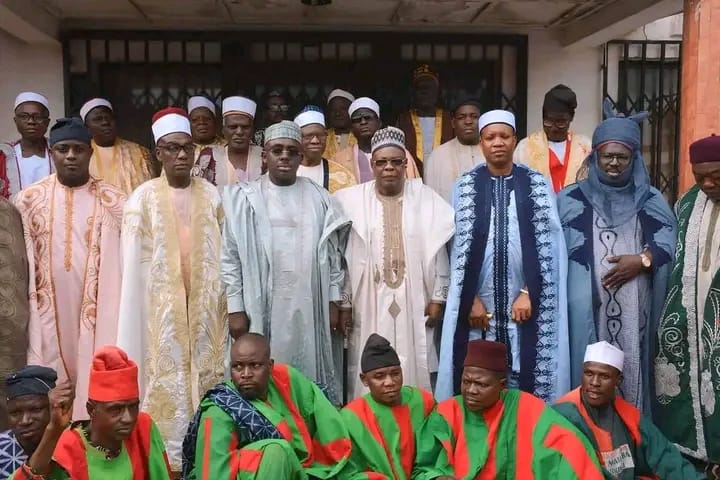The Chairman of the Taraba State Council of Traditional Rulers, Ishaku Adda Ali, has hailed the recent granting of autonomy to local government councils in Nigeria.
The move, as stated by him, has gone a long way to liberate traditional rulers from being marginalized.
Reflecting on the past, the Aku Uka of Wukari lamented that traditional rulers had been sidelined and inadequately recognized due to the overwhelming influence of local government council chairmen.
He made this known yesterday while playing host to the seven man advisory committee on local government autonomy in his palace, located in Wukari local government council of the state.
The monarch emphasized that the autonomy granted to the 774 local government councils across the country has restored dignity and authority to traditional institutions, allowing them to function without interference.
“This change marks a significant step forward in ensuring that traditional rulers can effectively fulfill their roles within their communities,” the monarch stated during a visit by the Advisory Committee on Local Government Autonomy to his palace in Wukari.” He stated.
read also: Oyo/Osun Customs Command attributes successes to monitoring, enforcement, collaboration, technology
Expressing his gratitude, the monarch praised the Supreme Court for its bold decision to grant autonomy and commended the state governor, Dr. Agbu Kefas, for establishing the advisory committee.
He pledged that the traditional institution in the nooks and crannies of the state, would contribute positively to the committee’s efforts.
The chairman of the advisory committee, Rt. Hon. Peter Abel Diah, acknowledged the critical role of traditional rulers in maintaining security and stability in their domains.
He also emphasized that local government autonomy would further empower traditional institutions, allowing them to play a more pivotal role in community development.
“Your role as the interface between the government and the grassroots will be amplified, ensuring that the policies, programs, and decisions made at the local level truly reflect the unique challenges and opportunities faced by each community,” Diah added.






